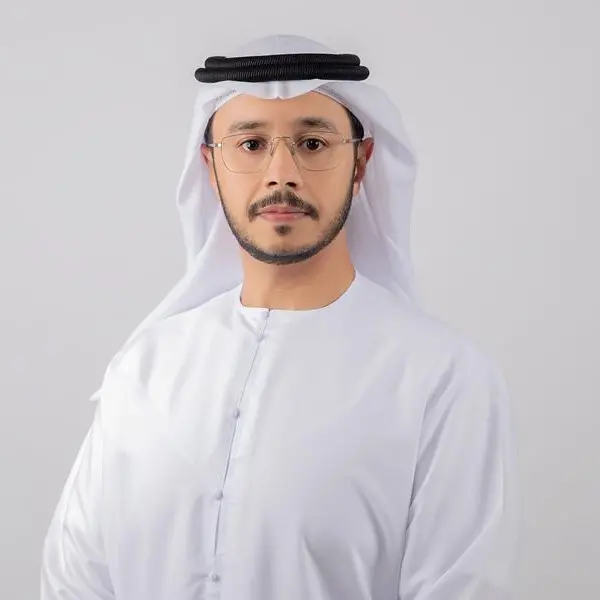PHOTO
The Abu Dhabi Judicial Department (ADJD) organised a workshop on "Legal Criteria for Assessing the Legality of Share Offerings to Raise Capital" with the aim of enhancing the understanding of the legal dimensions of the process of Initial Public Offerings (IPOs) of companies, while highlighting the role of the parties involved and their obligations in supporting the transparency of financial trading procedures in this area
The two-day workshop, organised by the ADJD, represented by the Abu Dhabi Judicial Academy (ADJA), was inspired by the determination to improve the investment environment and keep pace with economic changes by raising awareness of the new legal procedures governing financial transactions and the resulting legal responsibilities, in accordance with the vision and directives of His Highness Sheikh Mansour bin Zayed Al Nahyan, Vice President of the UAE, Deputy Prime Minister, Chairman of the Presidential Court, and Chairman of the Abu Dhabi Judicial Department, to continuously innovate in the judicial system and stay abreast of the rapid development to further protect society and the economy, in such a manner to support the competitive position of the Emirate of Abu Dhabi.
The workshop, which was attended by judges from Abu Dhabi Commercial Court and Chambers and a number of lawyers and legal advisors, covered a range of topics including the legal duties of the financial advisor and the listing adviser; the role of the underwriting bank and its obligations in the IPO; and the role and obligations of the Bookkeeping bank in managing and protecting investors' assets during the offering process.
The workshop highlighted the different roles played by financial institutions in initial public offerings, focusing on the role of prospectuses in defining the legal and organisational relationships between the parties, while addressing a number of cases related to claims of entitlement and liability resulting from offerings, and their impact on the relationship between the parties.
The workshop also addressed the legal concepts of a number of relevant terms, the manner of differentiating between types of offerings, the impact of share trading on the transfer of ownership rights, the criterion of fault in the obligations of the parties to the transfer of ownership, the legal roles and responsibilities of each party, in addition to discussing judgments and expert reports on all levels of litigation.
The participants discussed the cases in which the bank is liable to compensate for the decrease in the value of the shares, in addition to defining the concept of offering shares for trading on the capital market, and the effects and bases of each party's obligations and duties, with the aim of supporting the efforts to develop standards and establish legal constants in a way that reflects on the quality and consistency of judicial judgements.
It is worth mentioning that the IPO process is one of the most prominent financial mechanisms that allow private companies to convert into public companies by issuing their shares and offering them for trading on the financial market. This process is a strategic turning point in the company's life cycle, allowing it to access public capital to enhance its growth and expand its business.


















